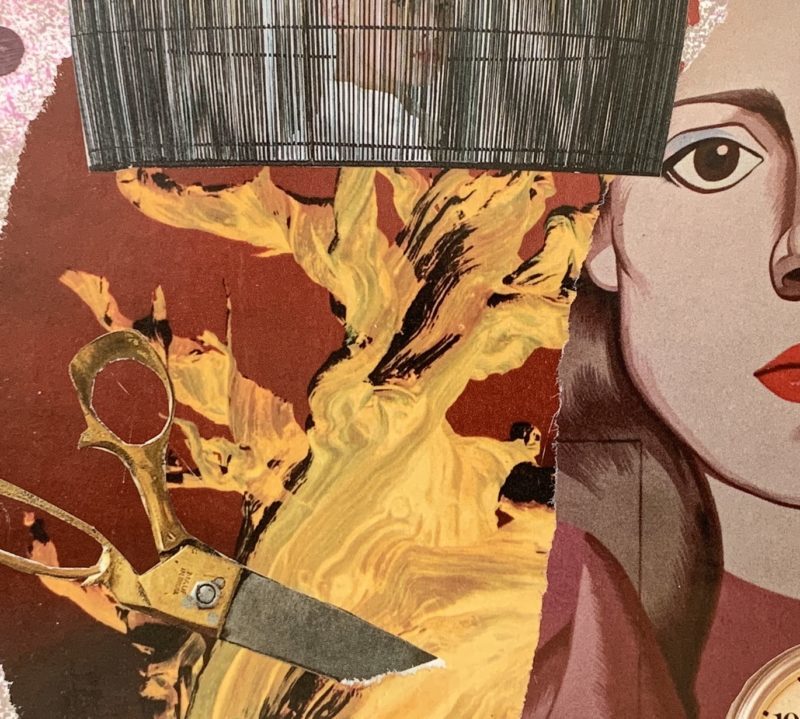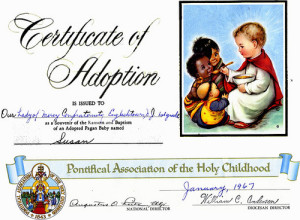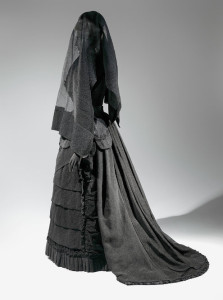What N.A. M. is not meant to be
Today is the last day of November. But it’s still National Adoption Month. I feel like pouring myself a glass of champagne and then maybe crying into the bubbles.
Originally created to call attention to plight of children in foster care, National Adoption Month is a particularly harrowing time for birthmothers. The media bombards us with accounts of adoption that don’t reflect the birthmother reality or perspective. National Adoption Month was never meant as a platform for touting infant adoption, or foreign adoption, or crowd funding for adoption. And I dare say that anyone involved in the foster care system is unlikely to be so delusional as to promote adoption as one big happiness fest. Yet, all of that has somehow elbowed its way onto the stage of National Adoption Month.
Adoption’s worst practices
And now it’s almost over. Of course as the media spotlight dims, all of adoption’s worst practices will carry on behind the curtain. But the fight against them must continue. Education is key. I’ve only recently found my voice as a birthmother, and in the coming year, I hope for the courage to speak out when the opportunity arises. I’m grateful to Carrie Goldman and her National Adoption Month series, 30 Adoption Portraits in 30 Days. “Designed to give a voice to the many different perspectives of adoption, this series featured guest posts by people with widely varying experiences,” and there’s an awful lot of good reading to be found. I have an essay in the series. It can be found here.


